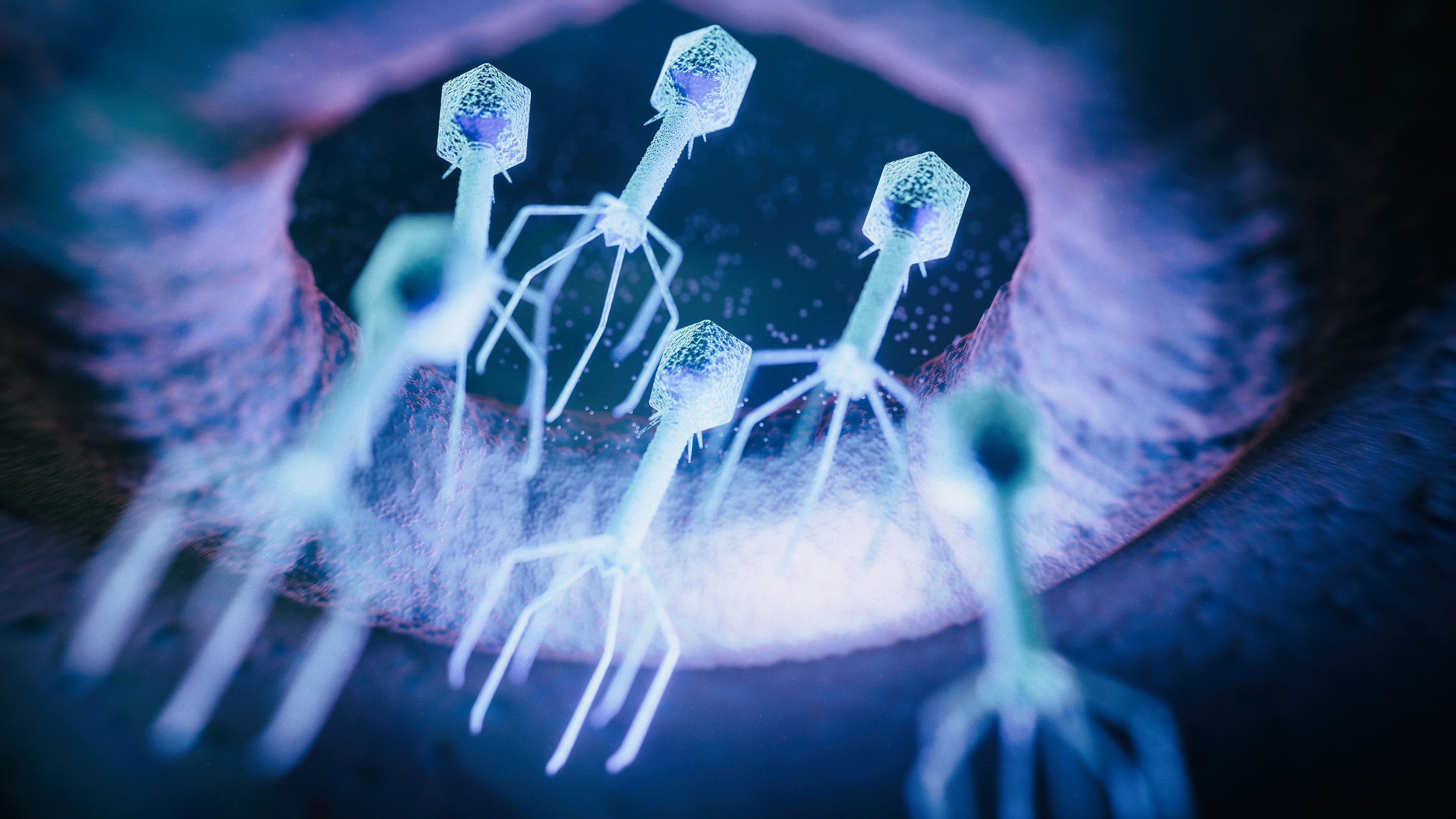
Phage therapy involves using phages, which are viruses that target and destroy bacteria, to treat infections. These phages are abundant in nature, found in soil, water, and even within our digestive systems.
The phage therapy process for patients
If you or someone you care about has a long term infection, where numerous antibiotic treatments have been tried by your medical team and have not healed the infection, then phage therapy may be an option.
GP referral
ID consult
Phage Australia
GP referral
If you think phage therapy might be right for you, start by talking to your family doctor (GP). They can review your situation and, if needed, refer you to an infectious disease specialist.
We are only able to assess referrals for phage therapy from Australian-registered infectious disease specialists.
ID consult
The infectious diseases specialist will review your medical history and determine if phage therapy might be beneficial for you.
Phage therapy is an experimental method that is only available when all other approaches are already optimised and only under the auspices of a special access scheme defined by the Therapeutic Goods Administration or within a clinical trial.
Phage Australia
After reviewing the case, the infectious disease specialist will be able to contact one of the clinicians in our group to discuss the case.
If a TGA-approved indication exists, we follow a protocol that has been defined by consensus among expert physicians and may evolve over time as data are reviewed.
If you are eligible to receive therapy, we require informed consent and a minimum data set (including blood tests) that is necessary for the monitoring of your treatment.





